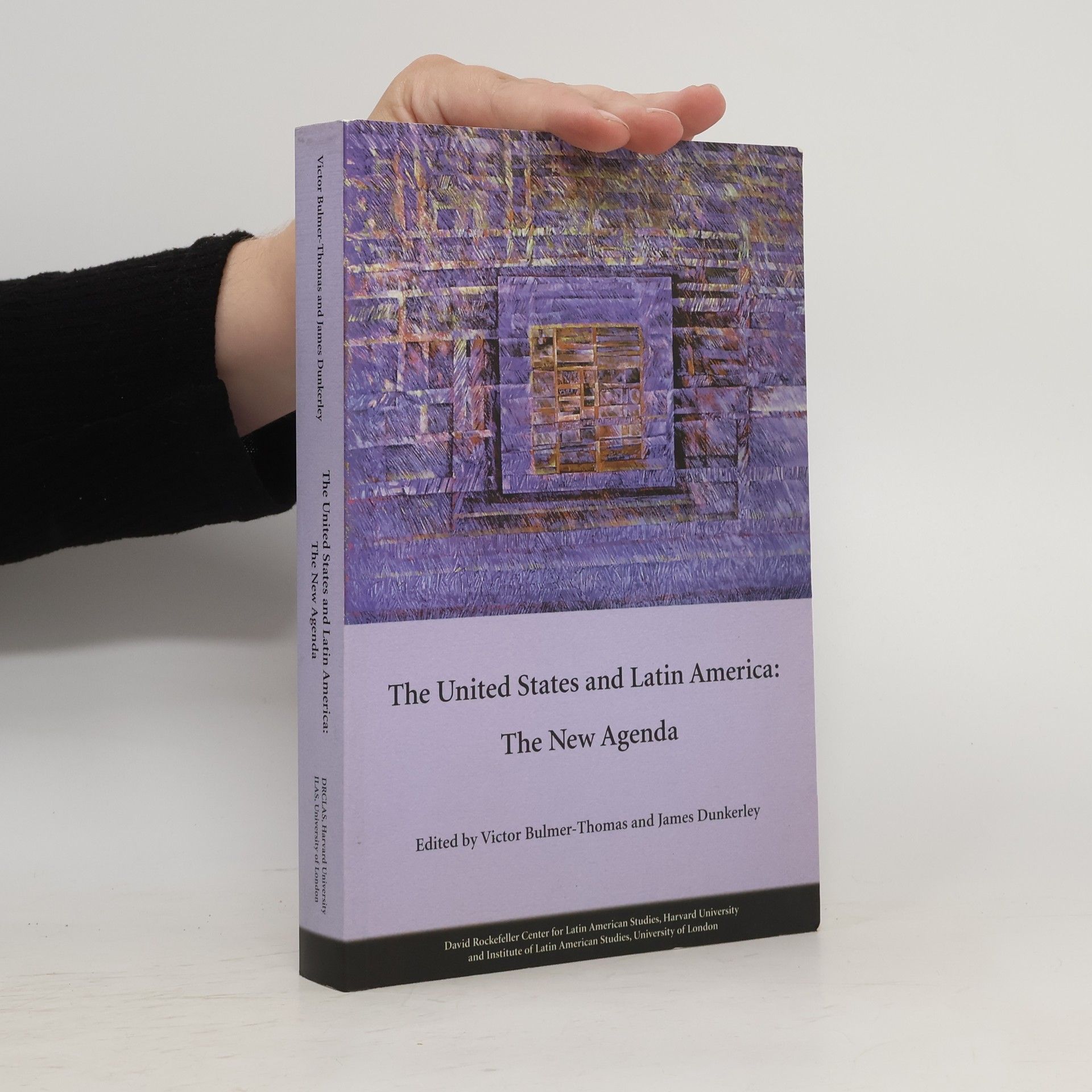The United States and Latin America. The New Agenda
- 371 páginas
- 13 horas de lectura
The end of the Cold War removed hemispheric security from the top of the agenda of U.S.-Latin American relations. Democracy, trade and investment, drugs, and migration rose in importance. Pressures to eliminate the anachronistic U.S. embargo on Cuba increased. The new agenda also includes Latin America's growing ties to the countries of the European Union and other regions. This book contains fifteen essays by distinguished U.S., Latin American, and European scholars on each of these issues, framed by overviews of the changing historical context from the nineteenth century to the end of the Cold War. Authors include such notables as Harvard scholars John Coatsworth, Jorge Dominguez, and Marcelo Suarez-Orozco; European academics such as editors Jamnes Dunkerley and Victor Bulmer-Thomas; and Latin American intellectuals such as Eduardo Gamarra and Rodolfo Cerdas-Cruz.

